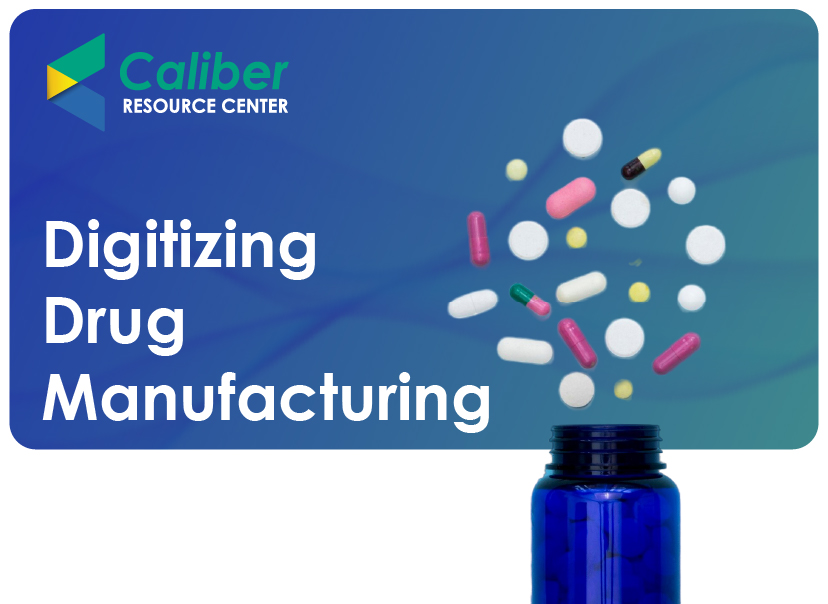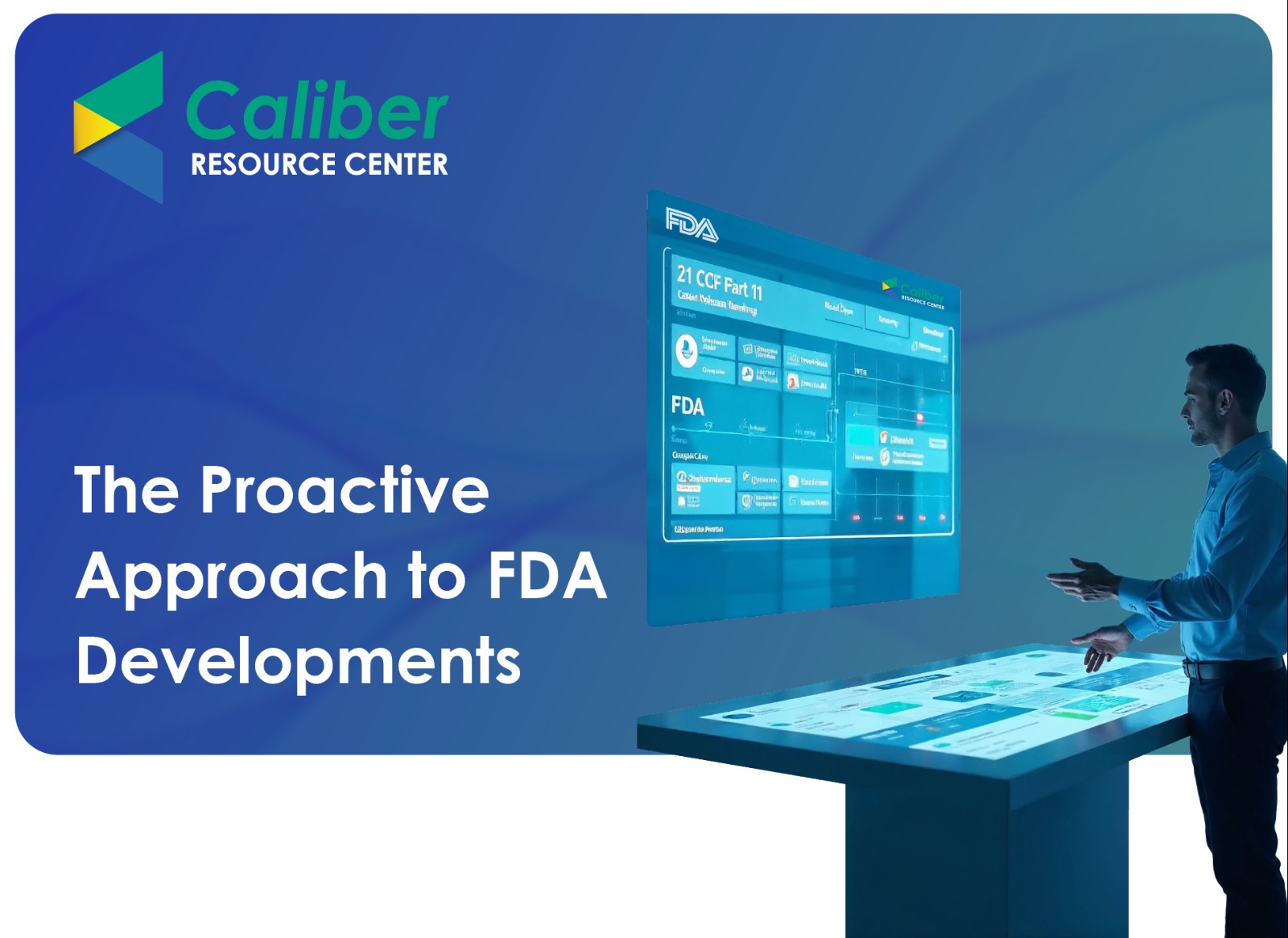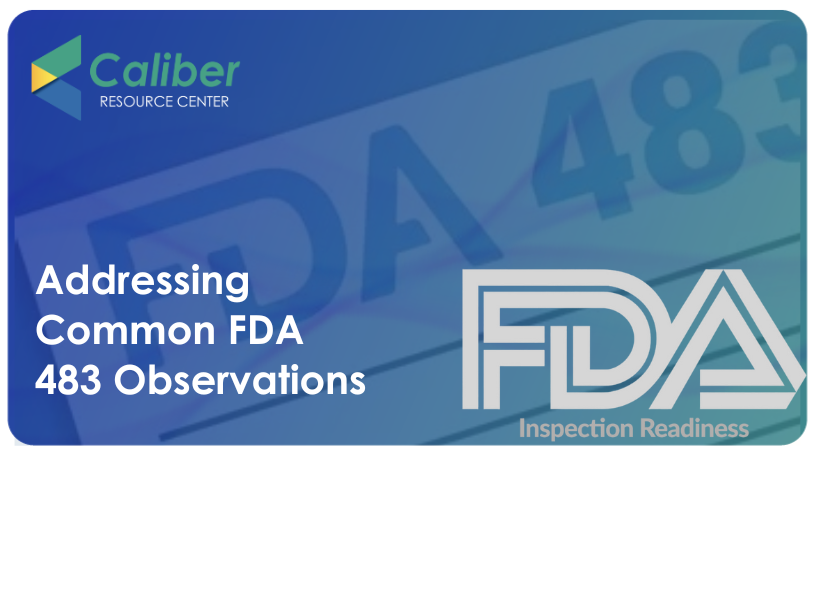What’s Inside
ToggleDoing It Right the First Time with AI
As per the “Do it right the first time” concept, automation helps in avoiding transcriptional errors, deviations, changes, etc. IT enablement would greatly help in knowing how the current batch is performing compared to previous batches of the same material, thereby providing an opportunity to increase the process capabilities.
AI-powered analytics enable manufacturers to:
- Compare current batch performance with historical batches and identify subtle variations.
- Predict deviations, OOS, or OOT trends before they impact product quality.
- Improve process capability by learning from past successes and failures.
- Ensure calibration schedules are followed strictly through intelligent alerts.
- Prevent the use of expired or incorrect materials with real-time validations.
- Recommend targeted operator training based on process deviations or recurring errors.
Instead of reacting to issues after they occur, AI allows manufacturers to move toward predictive and preventive quality management. Intelligent alerts ensure processes run smoothly, SOPs remain current, and methods are followed consistently.
Facing Audits
Audits no longer have to be stressful or time-consuming.
Pharmaceutical companies that have adopted digital and AI-enabled manufacturing systems are experiencing faster audits and smoother regulatory clearances. Built-in controls, audit trails, and data integrity checks make compliance transparent and verifiable.
AI further strengthens audit readiness by:
- Highlighting risk areas before inspections.
- Identifying patterns that could lead to regulatory observations.
- Ensuring continuous compliance rather than point-in-time preparedness.
Manufacturers that recently received FDA approvals were able to do so efficiently because their digital systems ensured accuracy, traceability, and real-time visibility, making audits simpler and more predictable.
Automating the Batch Record Management Process
Automation and digitalization of drug manufacturing processes now step in as essential armor for drug manufacturers. They are no longer optional in drug manufacturing- they are the foundation of intelligent manufacturing. When combined with Artificial Intelligence (AI), these technologies move beyond efficiency to enable predictive, adaptive, and quality-first operations.
Electronic Batch Record Management (eBRM) system automates the entire batch manufacturing lifecycle while creating a strong digital data backbone that AI systems can learn from and improve over time.
- The batch manufacturing record (BMR) is issued and executed online to manage the entire batch production.
- Instrument/ weighing balances interfacing enables fetching relevant details like weighing and dispensing information directly into the application.
- With SAP/ERP integration, material management is performed online.Electronic logbooks (eLog) help in automating all the logbooks, like area clearance logs, equipment logs, and maintenance logs.
- IPQC management automates the in-process quality control measures taken by the drug manufacturers.
Through digitalization and automation of the processes, time consumed in data collection, effort, and human presence can be reduced considerably.
The Way Forward
The message is clear: Automation alone is not enough.
To remain competitive, compliant, and resilient, pharma companies must embrace intelligent drug manufacturing, where automation, digitalization, and AI work together to improve quality, reduce risk, and accelerate time to market.
If this shift has not yet been taken seriously, now is the time to act. The future of pharma manufacturing belongs to systems that don’t just record data but learn from it. To know how more schedule a free demo for CaliberBRM now.




